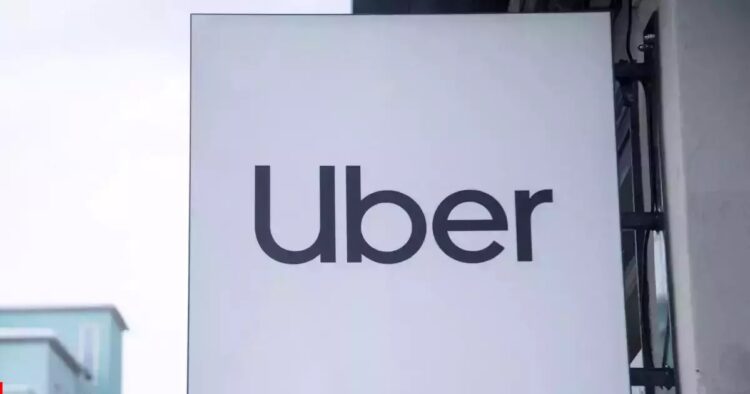The District Consumer Disputes Redressal Commission of Chandigarh has levied a penalty of ₹20,000 on Uber India, a popular ride-hailing service. This decision comes in response to a complaint filed by a customer named Ashwani Prashar, who was overcharged for a ride he took on August 6, 2021.
Prashar’s complaint stated that despite a relatively short ride of 8.83 kilometers lasting only 15 minutes, he was charged a hefty amount of ₹1,334 by Uber. This translated to roughly ₹150 per kilometer, which he found exorbitant. Despite attempts to resolve the issue through chats and emails with Uber, Prashar’s grievances remained unaddressed.
In its defense, Uber India argued that the final fare escalated due to multiple route deviations during the journey from AG Colony to Sector 48-B, Chandigarh. The upfront fare displayed to the rider was ₹359, but unforeseen route changes led to the increased fare. Uber maintained that it cannot be held accountable for deviations induced by either the rider or the driver, as it acts merely as an intermediary between the two parties.
As a gesture of goodwill, Uber refunded ₹975 worth of Uber Credits to Prashar’s account, considering it was a cash trip. However, the Disputes Redressal Commission deemed Uber’s actions as an unfair trade practice and ruled in favor of the complainant.
The Commission criticized the practice of charging excess fares compared to the initially contracted fare during advance bookings. It emphasized the need to discourage such practices and ensure accountability from service providers like Uber. Consequently, Uber India was ordered to pay ₹10,000 in compensation to Ashwani Prashar and an additional ₹10,000 to be deposited in the Consumer Welfare Fund. This decision aims to deter service providers from breaching assurances and commitments, thereby safeguarding consumer rights and interests.
The ruling serves as a reminder to companies in the ride-hailing industry to uphold transparency and fairness in their pricing policies. It underscores the importance of addressing customer grievances promptly and fairly to maintain trust and credibility in the market.

















Comments